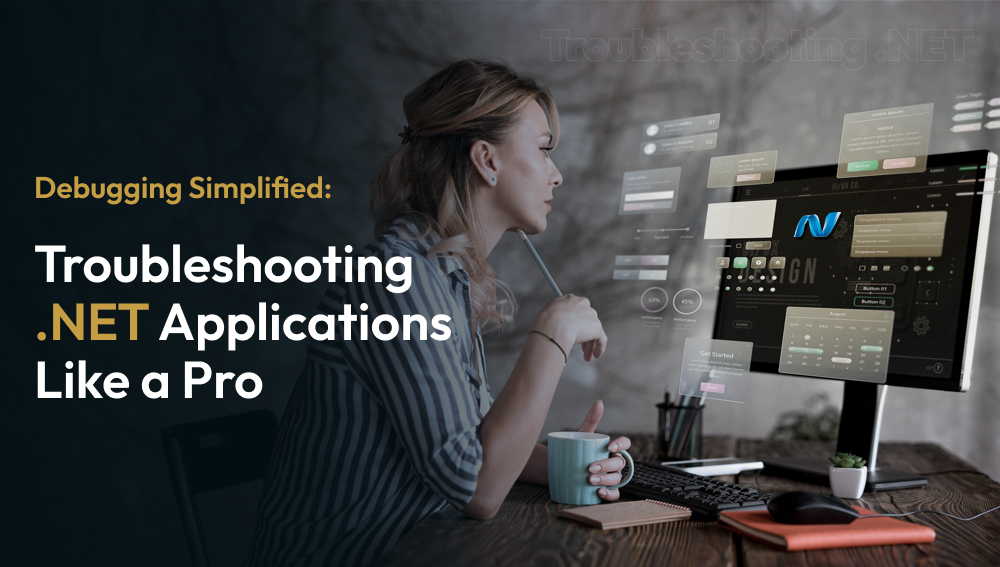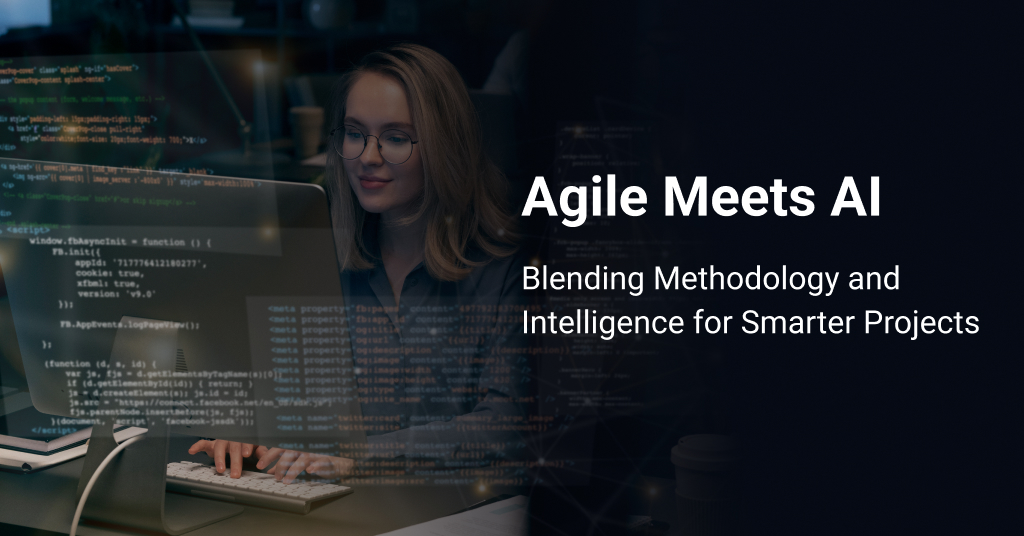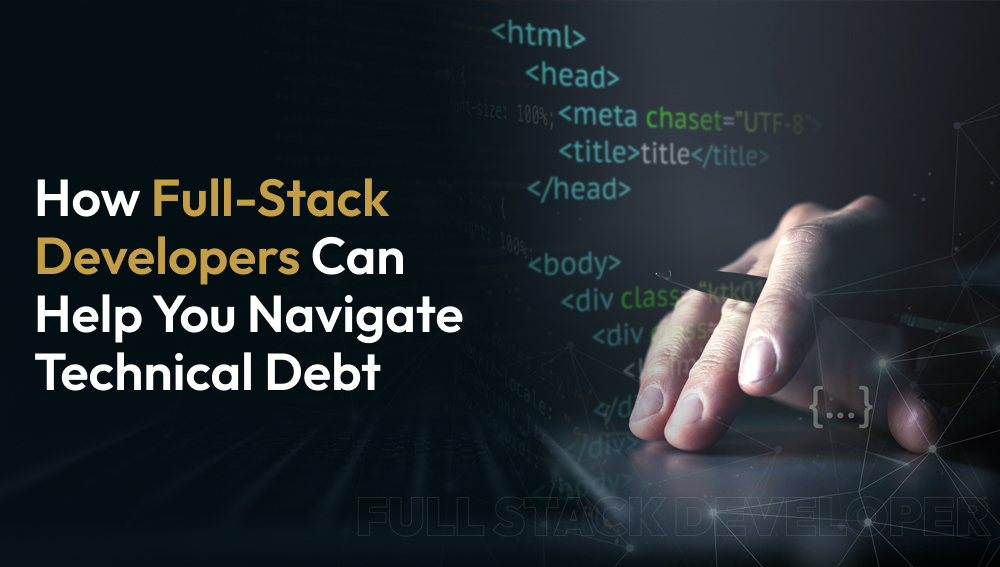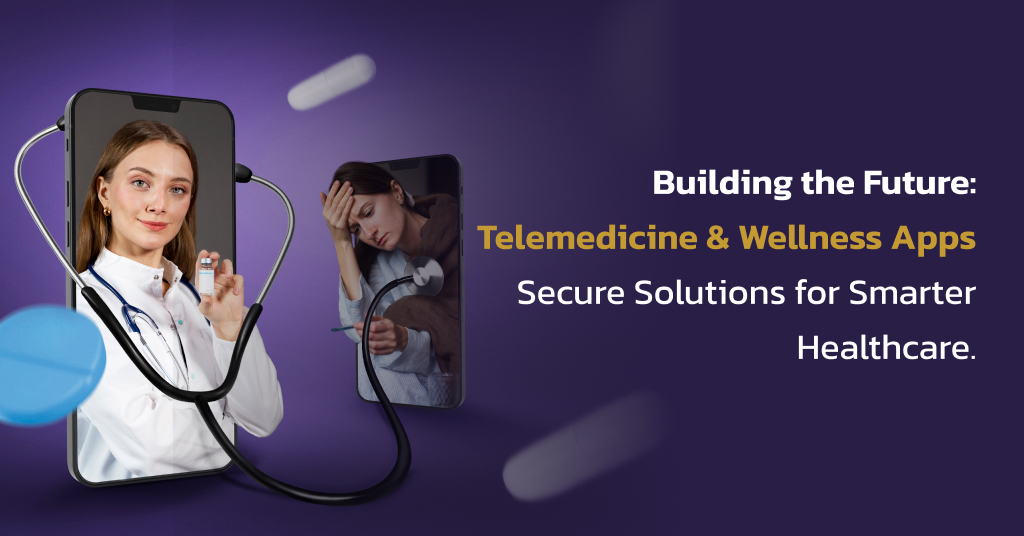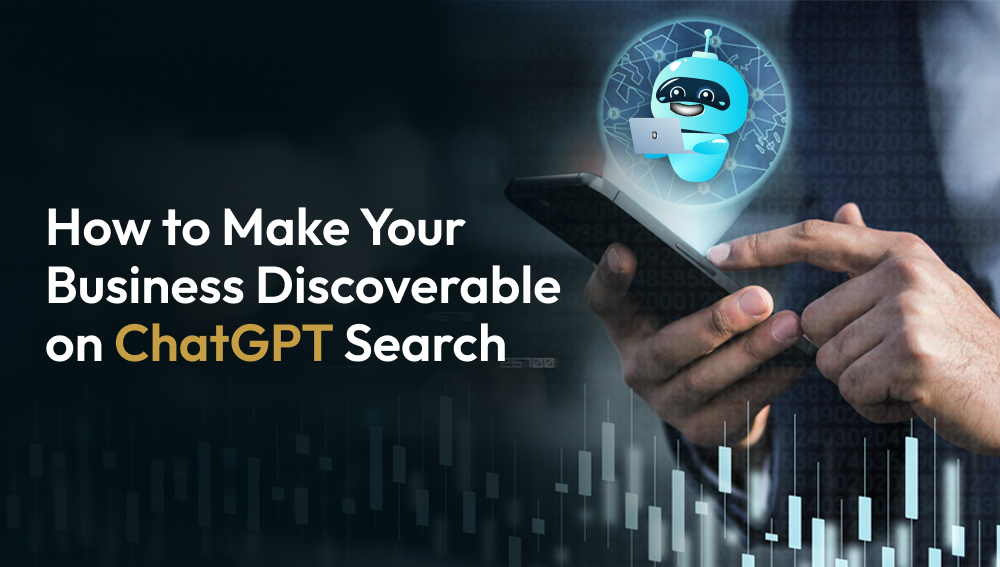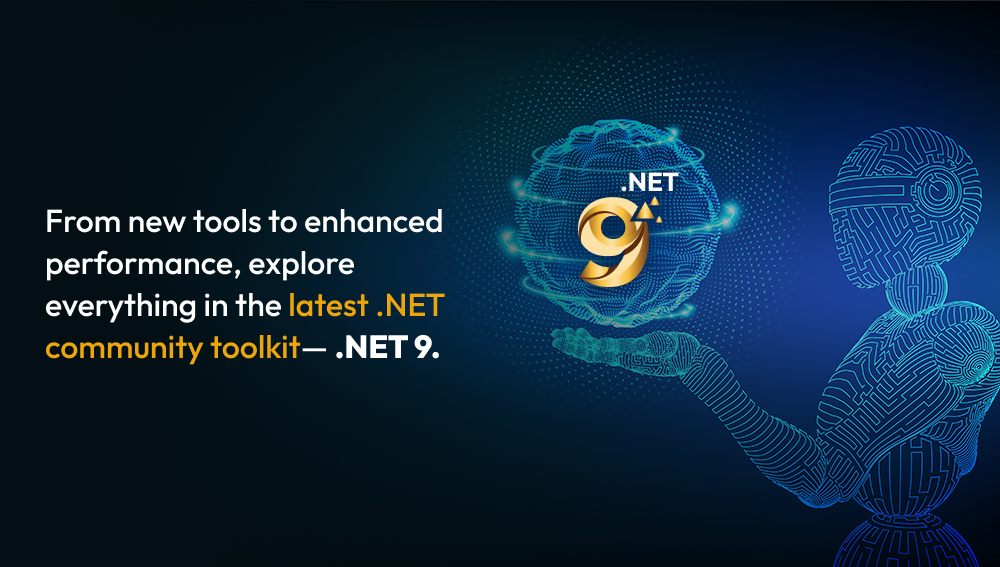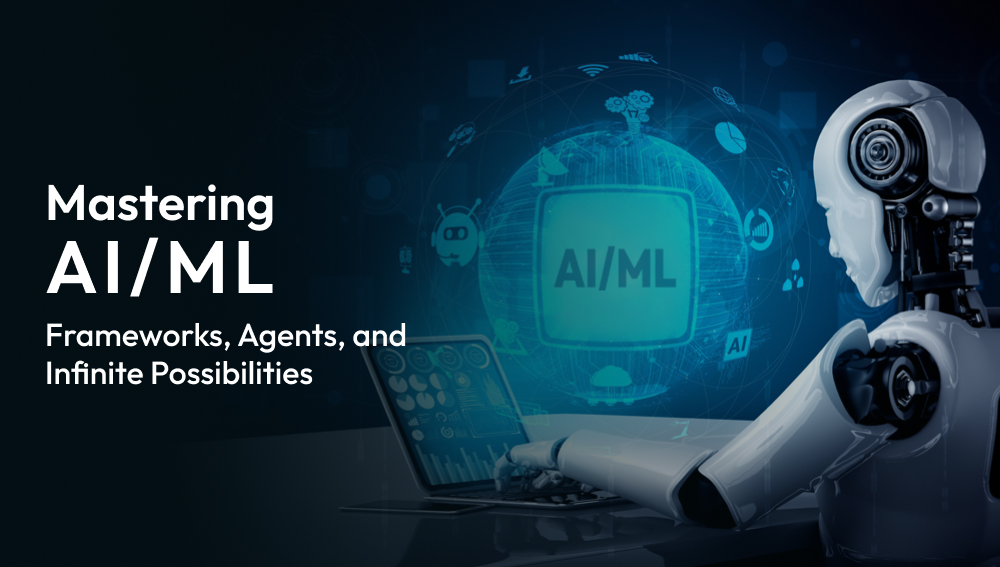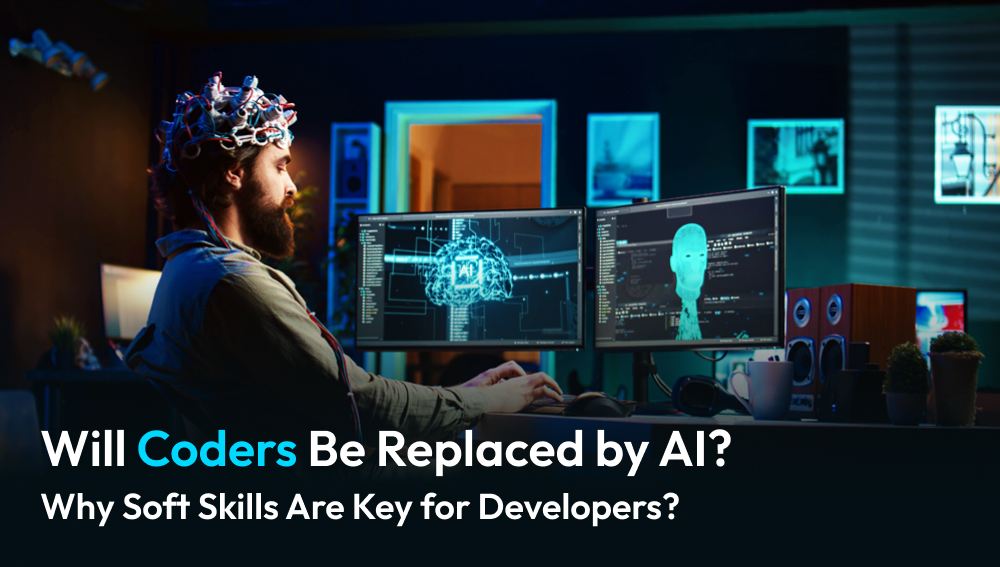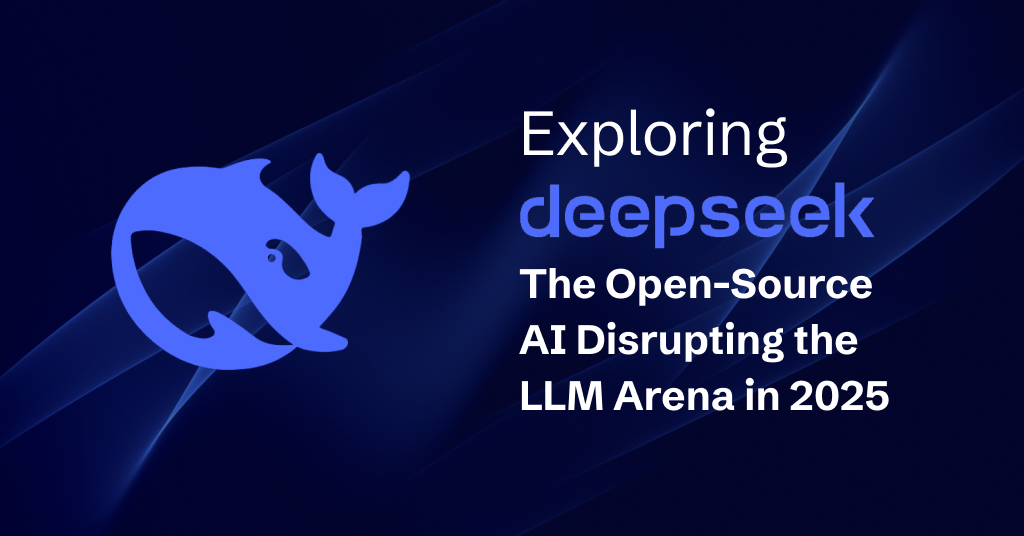
Introduction
Gone are the days of proprietary software and technologies. As AI becomes more democratized, open-source models are gaining momentum. You must have heard of DeepSeek—a Chinese AGI (artificial general intelligence) startup that has made it to the headlines in the last few weeks. It’s everywhere, from social media to developer community forums.

